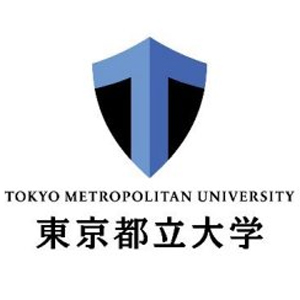| Subject | Rank |
|---|---|
Physics | 401-500 |
Biological Sciences | 401-500 |


Tokyo Metropolitan University was established in 1949, and it was reorganized in 2005. Four universities or college joined to become a new university, which is supported by Tokyo Metropolitan Government. The university consists of 7 Faculties (Humanities and Social Science, Law, Economics and Business Administration, Science, Urban Environmental Sciences, System Design, Health Sciences) and 7 Graduate Schools (Humanities, Law and Politics, Management, Science, Urban Environmental Sciences, System Design and Human Health Sciences). Tokyo Metropolitan University's mission is "to pursue the vision of an ideal human society in a metropolis." Based on this mission, our basic philosophy is to give instruction and conduct research in a broad range of knowledge and in highly specialized sciences, and then, through collaboration with industry and educational and research institutions, etc., to produce education and research results that are relevant to large cities, to nurture students rich in humanity and creativity, and to contribute to the improvement and development of human society. TMU was founded by the Tokyo Metropolitan Government and locates in the nationʼs capital, Tokyo. Our core competencies are, (1) Improving the urban environment, (2) Building a highly intellectual society with a dynamic industry structure, (3) Realizing a society of vitality and longevity. These activities are supported by high level education and research in MBA, Sociology, Nursery, Architecture, Civil Eng., Robotics, etc. In general, these activities are not visible from English speaking society. On the other hand, Tokyo Metropolitan University has been ranked amongst the top ten Japanese Universities in the Times Higher Education World University Ranking, since TMU has been highly valued for its citation count over the world. This is a clearest proof that the faculty of our institution work hard at their research activities. In 2010, the evaluation methodology was changed. The weighting factor of “citation impact” increased. The core competencies which contribute to the high THE Ranking are: - Bio-informatics, - Astrophysics and chemistry, - Nano-science and technology.
